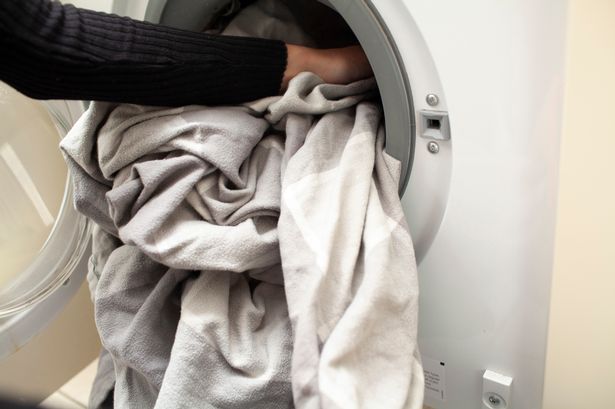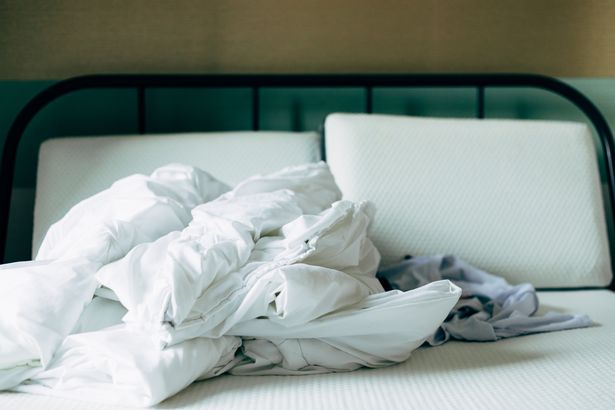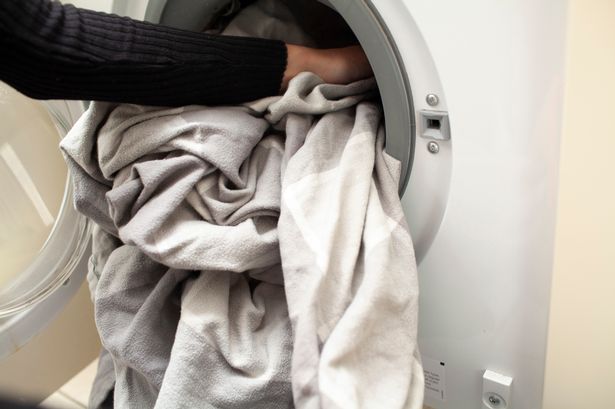Many of us think our bed’s clean – but beneath the sheets, there’s a hidden mix of bacteria, fungi and dust mites that could be putting your health at risk an expert warns
02:30, 08 Aug 2025

We spend around a third of our lives in bed but when was the last time you stripped yours?
Sleep isn’t just rest. It plays a crucial role in brain function, heart health and overall wellbeing. But while most of us obsess over hours clocked, many ignore the condition of the place we sleep. A fresh, clean bed can support deeper rest but leave your sheets too long and you’re sleeping in a build-up of bacteria, fungi, sweat and dead skin it comes after Brits are told to never put one banned item in garden bins as you could face punishment.
A 2022 YouGov poll found that just 28% of Brits wash their sheets weekly. Others admitted to leaving it as long as eight weeks or more. But experts warn that poor bedding hygiene can trigger allergic reactions, aggravate respiratory conditions and even increase the risk of infection especially in people with weakened immune systems.
READ MORE: ‘My son hasn’t had a glass of water since he was four – and I understand why’READ MORE: Professional cleaner shares ‘genius’ hack for wiping glass surfaces with two items

What’s really in your bed?
Each night, our bodies shed thousands of skin cells, release oils, and sweat up to half a pint – even if you shower before bed. All of this transfers onto our sheets, pillowcases and duvets.
While fresh sweat may be odourless, the bacteria on our skin such as staphylococci break it down overnight, creating the musky body odour some people wake up with.
But it’s not just about sweat. During the day, our hair and clothes collect dust, pollen, pollution and allergens – which also end up on your bedding.
Then come the bed bugs we don’t see.
Dust mites and dangerous fungi
Those skin cells we shed? They’re dinner for dust mites – microscopic creatures that thrive in warm, damp mattresses and sheets. While harmless in themselves, their droppings are a potent allergen and can worsen eczema, asthma and hay fever.
Fungi also love our beds. One species, aspergillus fumigatus, has been found in used pillows and can cause serious lung infections in vulnerable people.
And if you sleep with pets, you’re adding even more dander, dirt and bacteria into the mix along with the risk of faecal traces being transferred into the bedding.

How often should you wash your bedding?
Sheets and pillowcases
- When: Once a week or every 3 – 4 days if you’ve been ill, sweat heavily or share your bed with pets.
- Why: To remove microbes, allergens and skin build up.
- How: Wash at 60°C or higher. Tumble-dry or iron to help kill remaining bacteria. To target dust mites, freeze your pillow for 8+ hours.
Mattress
- When: Vacuum weekly and air out regularly.
- Why: Prevent moisture and dust mite build up.
- Tip: Use an allergen-proof protector and replace it every 7 years.
Pillow interiors
- When: Every 4-6 months.
- Why: Internal filling can harbour bacteria and mould.
- How: Wash and dry thoroughly.
Blankets and duvet covers
- When: Every 2 weeks, or more often if pets sleep on them.
- Why: They trap skin, sweat and allergens.
- How: Wash at 60°C or follow label instructions.
Duvets
- When: Every 3-4 months.
- Why: Body oils and mites can still get into the filling.
- How: Machine wash if possible, or get it professionally cleaned.
Your bed might look clean, but it can quickly become a breeding ground for bacteria, allergens and mites. Regular washing isn’t just about fresh smells – it’s about protecting your health.
A hygienic sleep space can improve air quality, reduce skin flare-ups, and help you breathe easier, so if you can’t remember the last time you changed your sheets, now’s probably the time.









